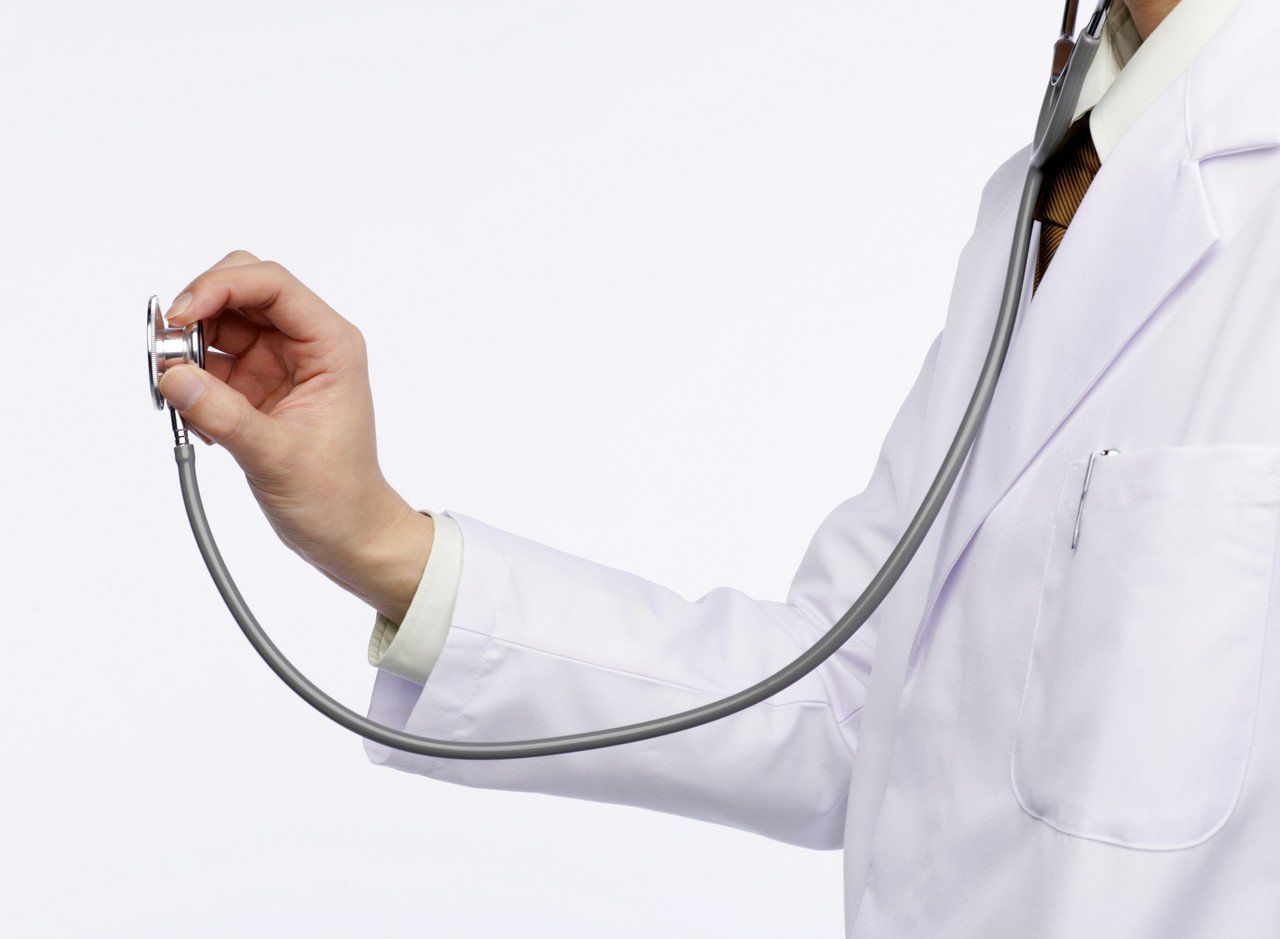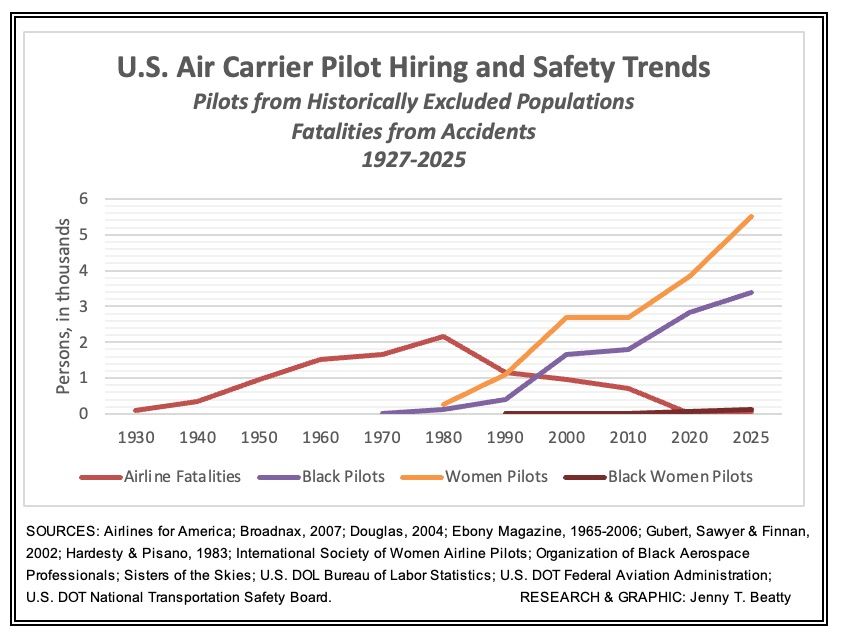10 FAQs About Your FAA Medical Exam
Keep your bra and panties on

Pilots and Air Traffic Control Specialists must undergo regular physical exams by an FAA-designated Aviation Medical Examiner (AME, a medical doctor or other licensed medical professional) in order to obtain and maintain the FAA medical certificate required to fly or work. An alarming number of women, and some men, have been subjected to unnecessary invasive examinations, due to AMEs’ zeal, ignorance of FAA requirements, and/or abuse of power. I have been part of an effort to research the extent of this problem and bring it to the FAA for resolution; FAA officials say they are committed to addressing it.
The answers to these Frequently Asked Questions will help you to avoid unnecessary invasive exams, and to report any issues to the FAA without jeopardizing issuance of your FAA medical certificate.
1. Do I have to completely disrobe for the physical exam by the AME?
NO. At the very minimum, keep your bra and panties on.
2. Is a breast or pelvic or rectal exam required?
NO. There is no FAA requirement for a breast, vaginal, rectal, prostate, hemorrhoid, hernia, or scoliosis exam. The AME may ask about your last check-up with your personal health care provider, make recommendations for these preventative health screenings, offer to perform these exams, and ask about scars and tattoos.
3. What can I do if the AME offers to perform one or more of these exams?
You may decline or you may consent. Note: A female chaperone should be present when a male health practitioner is performing a breast, pelvic, vaginal, or rectal exam on a female patient – and may be required by state law.
4. How do I decline these exams?
- No medical history in these organs or systems: You can say, “I do not need that exam, I have no history of problems and no scars – please move on to the rest of the exam.”
- With a medical history, such as caesarian, mastectomy, hemorrhoids, etc.: Bring medical records with you, or ask the AME what documentation they require and say you will provide it from your treating physician.
- With tattoos and/or scars: You may show these to the AME without completely disrobing.
5. Do I have to be topless for an electrocardiogram?
NO, except that an underwire bra may need to be removed. Electrodes are placed around the chest area for an EKG/ECG, but you should not have to remove your bra if it does not have an underwire. Note: A female chaperone should be present when a male health practitioner is taking an EKG/ECG for a female patient - and may be required by state law.
6. What can I do if the AME asks me to completely disrobe or to remove my bra or panties, performs one of the above-named exams without asking for my consent, does not provide a female chaperone when needed, is making me uncomfortable, or if I have another concern?
- You can stop the exam right then; completion of the exam can be deferred to later. Keep reading!
- Or, you can continue with the exam and report the issue to the FAA afterwards.
7. What happens if I stop the exam partway through, or the AME does? How do I get my medical certificate?
You can’t just go to another AME. You must immediately contact the
FAA Regional Flight Surgeon / Regional Aerospace Medicine Branch for your region, who will assist you with your MedXpress Form 8500 medical application and getting your exam completed with another AME.
8. How can I report an issue with an AME?
- Contact your FAA Regional Flight Surgeon / Regional Aerospace Medicine Branch.
- Or, to remain anonymous, use the
FAA hotline (this will not help you to obtain your medical certificate).
- Contact your State Medical Board.
9. What happens when I report an issue with an AME?
The FAA Regional Flight Surgeon and their staff are responsible for oversight and investigate complaints about AMEs in their region. They may request a brief narrative from you about what happened, if you provided your name. The FAA can and does “un-designate” AMEs for a variety of reasons, including poor-quality exams, lack of professionalism, and on the basis of complaints.
10. Where can I get more information about FAA medical certification and the exam?
- Federal Aviation Administration website,
Medical Certification.
- Airplane Owners and Pilots Association website, Licensing & Careers,
Medical Resources.
BONUS: How can I find an AME?
- The FAA website provides a list of AMEs. Ask your same-sex pilot friends for recommendations and about their actual experiences.
- Call the AME’s office to inquire if the doctor normally requires patients to disrobe for the FAA medical exam, and if a same-sex chaperone will be present.
- Investigate whether a same-sex chaperone is required by law in your state.
Sources
Federal Aviation Administration website. Guide for Aviation Medical Examiners, Application Process for Medical Certification, Exam Techniques and Criteria for Qualification, March 20, 2024.
Government Publishing Office website. 14 CFR Part 67 Airmen Medical Standards and Certification, March 20, 2024.
Dr. Joye Holmes, FAA Regional Flight Surgeon, Great Lakes Region. Personal interview, April 26, 2019.
© 2019 by Jenny Beatty, licensed under CC BY-NC-ND 4.0. This license requires that reusers give credit to the creator. It allows reusers to copy and distribute the material in any medium or format in unadapted form and for noncommercial purposes only.
Supported in part by a Research Scholar Grant of the Amelia Earhart Memorial Scholarship Fund of The Ninety-Nines, Inc.
Photo credit: Pexels









